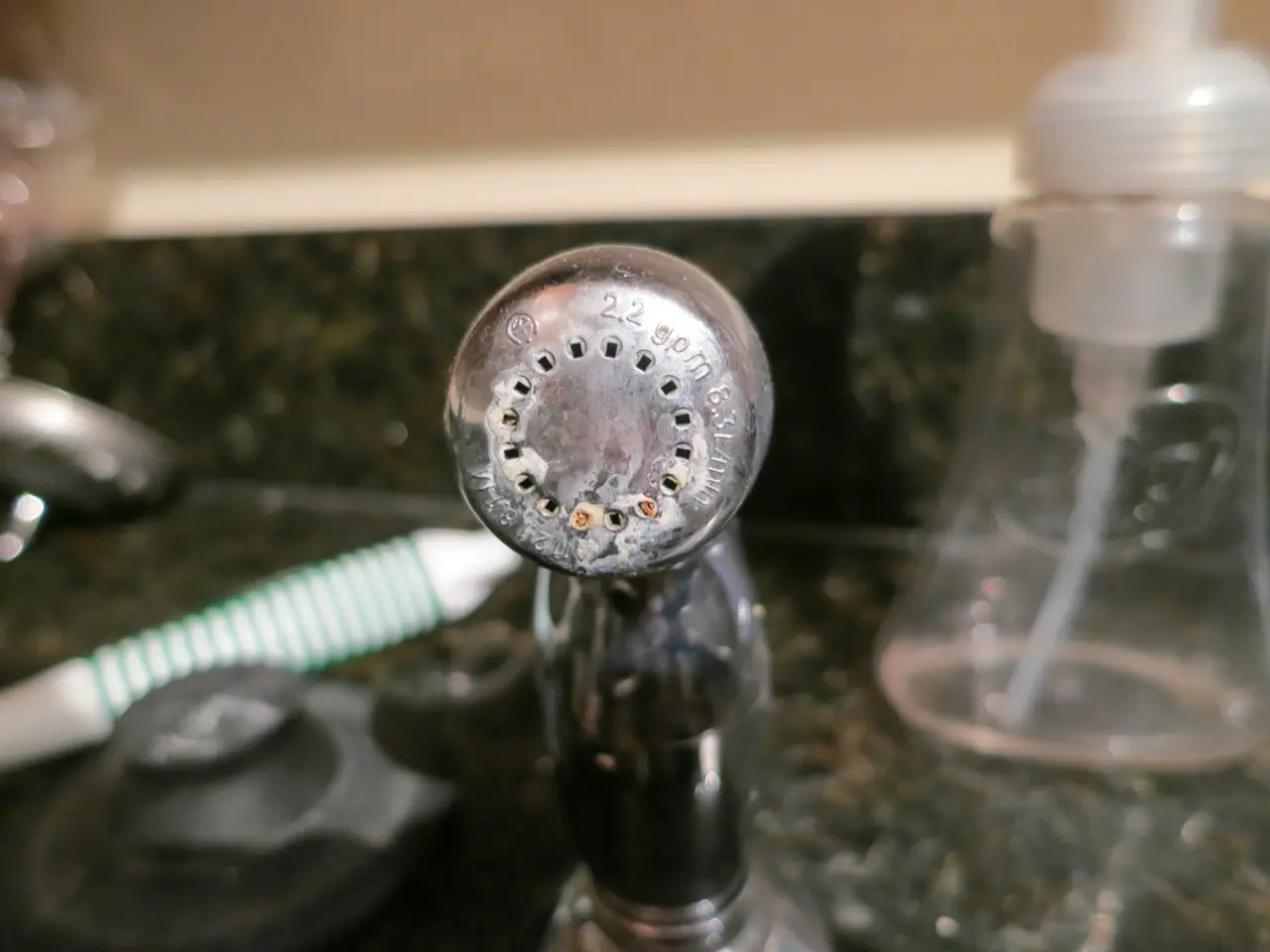Choosing Between Air Conditioner Repair and Heat Pump Replacement: Determining the Ideal Choice for Your Home
In the heart of Colorado, homeowners in Aurora often grapple with the decision of repairing their aging air conditioning (AC) systems or investing in modern heat pumps. This article aims to help you make an informed choice.
When considering the lifespan of your AC system, it's essential to know that systems, on average, last between 10 to 15 years. If your system is approaching this age and showing signs of wear, replacement might be a more cost-effective option in the long run.
Frequent breakdowns are another indicator that your AC system may be nearing the end of its life. If you find yourself calling for service more than once a season, it might be time to consider a replacement.
The cost comparison is another crucial factor. If the cost of repairs exceeds half the cost of a new unit, replacement could save you money in the long term. Similarly, if your system is struggling to maintain desired temperatures or running constantly, it might be inefficient and warrant replacement.
Energy efficiency and operating costs are significant factors to consider as well. Heat pumps offer higher energy efficiency and lower monthly costs compared to traditional AC with furnace heating, especially in moderate climates like Colorado. They can provide both heating and cooling, reducing dependency on separate systems and improving overall home energy performance.
Maintenance requirements also play a role. Heat pumps require biannual maintenance, while ACs usually need yearly service along with separate furnace maintenance, impacting ongoing costs.
Local climate considerations are vital, as Aurora's cold winters mean the efficiency and reliable heating capacity of the system must be factored. Heat pumps may be less effective in extremely cold conditions, while gas furnaces provide reliable heat but with higher operating costs and emissions.
Choosing a local, experienced HVAC contractor familiar with Aurora's climate and code requirements ensures proper assessment and service, reducing the risk of poor decisions or future issues.
Unusual noises or smells from the AC system may suggest electrical issues, loose parts, or motor problems. Weak airflow can indicate clogged filters, blocked ducts, or failing components like the blower motor.
Modern heat pumps often have SEER ratings of 16 to 20+, while older AC systems may rate as low as 10. A higher SEER rating means greater cooling efficiency, especially in warmer months.
Frequent or costly repairs on the AC system can make it more cost-effective to invest in a new heat pump. Installing a modern HVAC system adds appeal and potential resale value to your home, especially as energy efficiency becomes a bigger selling point for buyers.
Warranty status is a factor in deciding between repairs and replacement. Repairs are usually more affordable under warranty, while a replacement offers more predictable long-term costs once the warranty expires.
Heat pumps are typically more environmentally friendly, especially when powered by renewable electricity, reducing greenhouse gas emissions compared to traditional heating and cooling systems. A well-maintained heat pump can offer energy efficiency and consistent comfort, potentially reducing utility bills over time.
If your furnace and AC are aging together, replacing both with a heat pump improves efficiency and reduces long-term maintenance. Replacing an old AC unit with a high-efficiency heat pump can lower your carbon footprint and energy bills.
In conclusion, if your AC or heat pump is old, inefficient, frequently breaking down, or repairs are costly, replacement with a new heat pump system is usually the better long-term choice. If your system is relatively new, repair may be economical. Energy efficiency, home heating needs, and local climate should guide whether a heat pump replacement is ideal versus repairing or continuing with traditional AC and furnace setup.
Working with a trusted HVAC professional can help assess current performance and map out a cost-effective plan for improved home comfort when considering heat pump replacement.
- When considering a lifestyle upgrade and energy savings, investing in a modern heat pump, with its high energy efficiency and lower monthly costs, could be an appealing choice for homeowners in Aurora.
- In the realm of health-and-wellness, a well-maintained heat pump system can offer consistent comfort and potentially reduce utility bills over time, contributing to a healthier home environment.
- For the environmentally conscious, heat pumps, especially when powered by renewable electricity, are typically more environmentally friendly, reducing greenhouse gas emissions compared to traditional heating and cooling systems, aligning with technology aimed at sustainable living and carbon footprint reduction.





